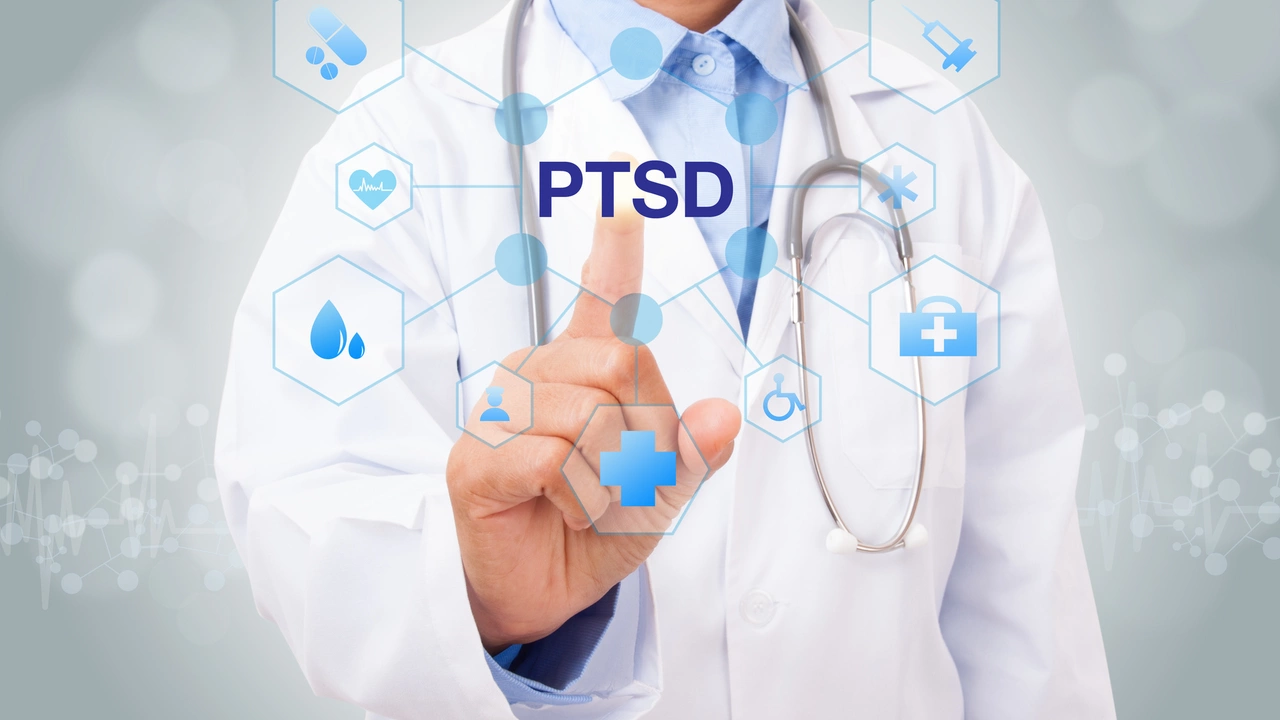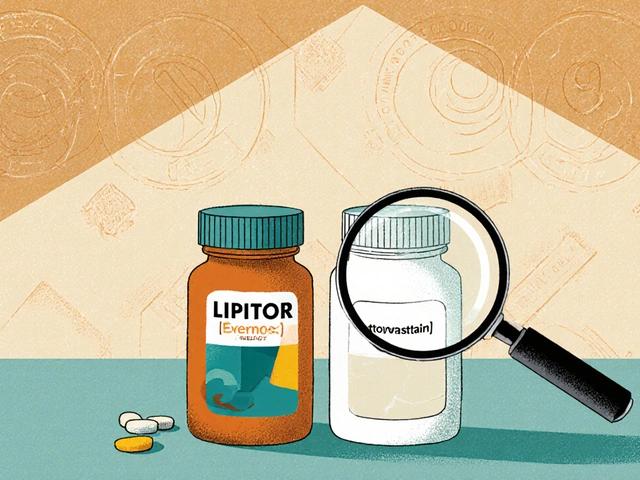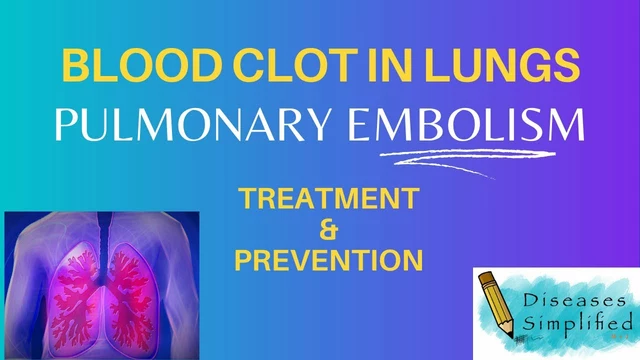Mental health: clear guides on meds, supplements and safe choices
Welcome to our mental health tag. If you're looking for plain answers about antidepressants, mood supplements, or how to buy medication safely online, you're in the right place. These pages break down options, side effects, and real-world tips so you can make better choices with your clinician.
On this tag you'll find hands-on articles like "6 Alternatives to Escitalopram" — useful if one SSRI isn't working or has bad side effects — and "Natural Mood-Boosting Supplements," which compares SAM-e, rhodiola, and omega-3s with clear dosing and safety notes. We also cover less-common prescriptions such as Trimipramine and practical safety guides for buying meds online.
How to use these articles
Start with what matters most: your symptoms and current meds. If an article mentions options you haven't tried, jot down questions for your prescriber. Each post usually includes: what the drug or supplement does, common dosages, main side effects, and when to call a doctor. Look for the ones marked with safety tips if you plan to order meds online.
Want quick wins? Read the supplement guide before trying anything new. Supplements can interact with antidepressants — for example, SAM-e or omega-3s can help mood but may change how other drugs work. The articles point out known interactions and when to pause a supplement before starting a prescription.
Buying meds online — stay safe
We cover online pharmacy options and red flags. Never buy prescription-only psychiatric meds without a valid prescription. Use articles like "Where to Safely Buy Azithromycin Online" and pharmacy reviews to spot legit sites: look for clear contact info, verified pharmacy licenses, and secure payment. Avoid sites that offer powerful meds without any prescription — that’s a major risk.
If cost is the issue, look at our pieces on affordable alternatives and generics. Many posts explain when a cheaper drug is an appropriate swap and when you should insist on a specific brand because of dose or formulation.
Mental health care isn't one-size-fits-all. These articles aim to give you the facts so your conversations with clinicians are sharper. We include real tips — dosage ranges, what side effects usually show up first, and when to get urgent help.
If you feel unsafe or are having suicidal thoughts, stop reading and contact local emergency services or a crisis line now. For non-urgent questions, print the checklist from an article, bring it to your appointment, and ask about interactions, tapering plans, and non-drug options like therapy.
Use the tag to compare posts, follow links between medication and supplement pages, and bookmark the safety guides before buying anything online. If you want a recommendation on where to start, try the "6 Alternatives to Escitalopram" article and the supplement review — together they give a balanced view of medical and natural options.
Want us to cover a topic next? Send feedback via the contact page. We read reader questions and use them to shape clearer, more useful guides.

- Jul 21, 2023
- Posted by Cillian Osterfield
Aripiprazole and Medical Tourism: What You Need to Know
In my latest blog post, I delve into the fascinating world of medical tourism, specifically focusing on the medication Aripiprazole. This treatment, often prescribed for conditions like schizophrenia and bipolar disorder, can be costly in certain countries, leading people to explore other options abroad. I discuss the pros and cons of this trend, highlighting aspects like cost-effectiveness, access to quality healthcare, and potential risks. I also touch on the ethical considerations and the importance of thorough research before making such a decision. It's a must-read for anyone considering medical tourism for Aripiprazole or any other treatments.
Categories
- Health and Wellness (70)
- Medications (68)
- Health and Medicine (28)
- Pharmacy Services (12)
- Mental Health (9)
- Health and Career (2)
- Medical Research (2)
- Business and Finance (2)
- Health Information (2)
Latest Posts
©2026 heydoctor.su. All rights reserved





